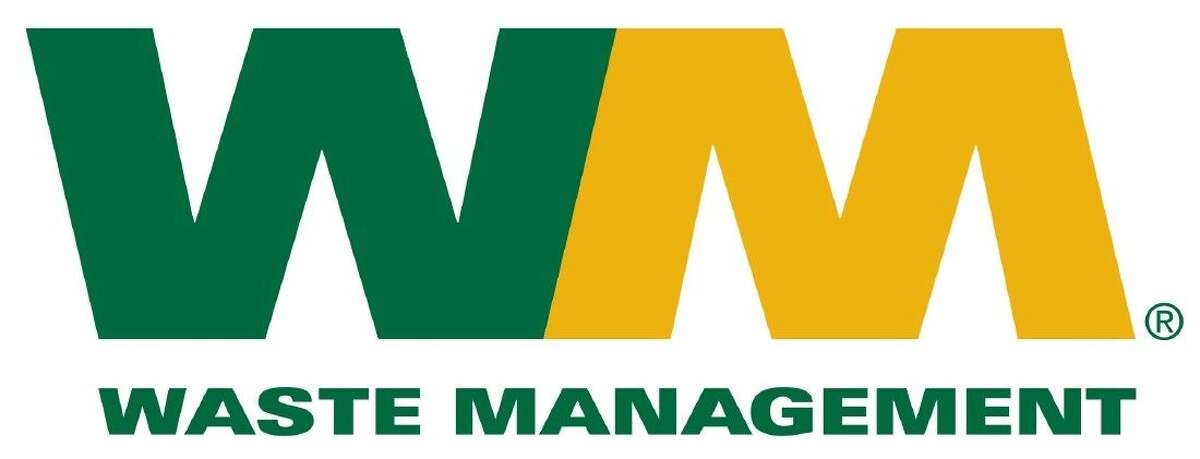
It can help you jumpstart your career by getting a degree as a project manager. This degree gives you the skills that you need to make a difference in any team. It can also help you become a more well-rounded person with excellent problem solving and coordination skills. These skills are required for many careers. These skills are required in some areas, such as financial services and healthcare.
Project management involves planning, organizing, executing and controlling work. It can be used in many industries, including technology and construction. It can be used to execute a marketing strategy or a construction project. It can also be used in a cost-benefit analysis. It is a complicated subject that can be learned.
You can take many courses to learn project management. To learn more about project management, you can enroll in an online course such as the one offered by edX. Project management internships are a great way to get hands-on experience. It is a good idea to talk with other project managers to determine the best course of action.

Project management isn’t as complicated as you might think. While it is more difficult than writing a resume and can be a great way to jumpstart your career, you will still benefit from the skills that you have learned. You might find that healthcare careers require the ability to transform ideas into reality. This skill can be learned and developed through a project management course.
Communication is essential for project management. Proper communication is essential for project management. It can reduce bottlenecks and errors and improve achievement. Your team is your best resource. You need to communicate with them in order for the project to be completed on time. You can start by taking an online course, but you might want to speak with other project managers for advice on which course you should take.
Project management courses usually include a variety of interesting and informative content. Courses that are highly effective will include hands-on activities like a threaded study or class discussions. You will also learn about the different tools and techniques used in project management. You may also want to read stories about other project managers to get a better idea of the field.
A project management course will take you several semesters to complete. It will take you about a year to finish a project management degree. You'll need all the courses necessary to get your certificate. To determine if you're the right fit for the job, an internship will be required.

The course also includes a series of workshops and coaching sessions to guide you through the process. You'll learn how to communicate well with your team, and how to build a method based on Project Management Body of Knowledge. The most important part is to be able to identify what tools and techniques are most helpful to you.
FAQ
What are some of the common mistakes made by managers?
Sometimes, managers make their job more difficult than it is.
They may not delegate enough responsibilities and not provide sufficient support.
Managers often lack the communication skills necessary to motivate and guide their teams.
Some managers set unrealistic expectations for their staff.
Managers may attempt to solve all problems themselves, rather than delegating it to others.
What are management concepts?
Management concepts are the principles and practices used by managers to manage people, resources. They cover topics like job descriptions (job descriptions), performance evaluations, training programmes, employee motivation and compensation systems.
How can a manager enhance his/her leadership skills?
It is important to have good management skills.
Managers must monitor the performance of subordinates constantly.
You must quickly take action if your subordinate fails to perform.
You must be able to spot what is lacking and how you can improve it.
What are the steps to take in order to make a management decision?
The decision-making process for managers is complex and multifaceted. This involves many factors including analysis, strategy and planning, implementation, measurement and evaluation, feedback, feedback, and others.
Remember that people are humans just like you, and will make mistakes. This is the key to managing them. As such, there is always room for improvement, especially if you're willing to put forth the effort to improve yourself first.
In this video, we explain what the decision-making process looks like in Management. We will discuss the various types of decisions, and why they are so important. Every manager should be able to make them. Here are some topics you'll be learning about:
What is TQM?
The industrial revolution saw the realization that prices alone were not sufficient to sustain manufacturing companies. This led to the birth of quality. If they wanted to stay competitive, they needed to improve their quality and efficiency.
Management developed Total Quality Management to address the need for improvement. It focused on all aspects of an organisation's performance. It included continual improvement processes, employee involvement, customer satisfaction, and customer satisfaction.
Statistics
- The average salary for financial advisors in 2021 is around $60,000 per year, with the top 10% of the profession making more than $111,000 per year. (wgu.edu)
- Your choice in Step 5 may very likely be the same or similar to the alternative you placed at the top of your list at the end of Step 4. (umassd.edu)
- UpCounsel accepts only the top 5 percent of lawyers on its site. (upcounsel.com)
- 100% of the courses are offered online, and no campus visits are required — a big time-saver for you. (online.uc.edu)
- Our program is 100% engineered for your success. (online.uc.edu)
External Links
How To
How can you implement a Quality Management Plan?
QMP, which was introduced by ISO 9001:2008, is a systematic approach to improving products, services, and processes through continuous improvement. It helps to improve customer satisfaction and product/service quality by continuously measuring, analyzing, controlling and improving.
The QMP is a standard method used to ensure good business performance. The QMP aims to improve the process of production, service delivery, and customer relationship. QMPs should address all three dimensions: Products, Services, and processes. When the QMP includes only one aspect, it is called a "Process" QMP. QMP stands for Product/Service. QMP is also used to refer to QMPs that focus on customer relations.
Two main elements are required for the implementation of a QMP. They are Scope and Strategy. They are defined as follows:
Scope: This is the scope of the QMP and its duration. For example, if you want to implement a QMP that lasts six months, then this scope will outline the activities done during the first six.
Strategy: This describes how you will achieve the goals in your scope.
A typical QMP includes five phases: Design, Planning, Development and Implementation. Each phase is explained below:
Planning: This stage determines the QMP goals and prioritizes them. To get to know the expectations and requirements, all stakeholders are consulted. After identifying the objectives, priorities, and stakeholder involvement, the next step is to develop the strategy for achieving these objectives.
Design: In this stage, the design team designs the vision and mission, strategies, as well as the tactics that will be required to successfully implement the QMP. These strategies can be implemented through the creation of detailed plans.
Development: The development team is responsible for building the resources and capabilities necessary to implement the QMP effectively.
Implementation: This refers to the actual implementation or the use of the strategies planned.
Maintenance: The maintenance of the QMP is an ongoing task.
In addition, several additional items must be included in the QMP:
Stakeholder involvement is important for the QMP's success. They are required to actively participate in the planning, design and development of the QMP, as well as the implementation and maintenance phases.
Project Initiation - A clear understanding of the problem statement, and the solution is necessary for any project to be initiated. In other words, they must understand the motivation for initiating the project and the expectations of the outcome.
Time Frame: This is a critical aspect of the QMP. If you plan to implement the QMP for a short period, you can start with a simple version. If you are looking for a longer-term commitment, however, you might need more complex versions.
Cost Estimation: Cost estimation is another vital component of the QMP. You cannot plan without knowing how much money you will spend. Cost estimation is crucial before you begin the QMP.
QMPs are not only a document, but also a living document. This is the most important aspect of QMPs. It changes as the company grows. It should be reviewed regularly to ensure that it meets current needs.